Kabuto
Kabuto is a decentralized name service built on Hedera that allows users to register blockchain domains such as .hh and manage human-readable names secured by NFTs and smart contracts. It supports address and text records across multiple blockchains, making it easier for users to interact with digital assets and identities in a unified way. The platform was originally launched with a mirror node and explorer by LaunchBadge, providing tools for developers and users to view and interact with Hedera network data, though this component was later paused.
Kabuto continues to focus on decentralized identity and naming services, offering governance capabilities and DAO-ready features that allow users to participate in managing domain functionality and settings. By combining user-friendly naming with Hedera’s fast, secure, and scalable infrastructure, Kabuto aims to simplify blockchain interactions and promote wider adoption of the Hedera ecosystem.
Project Information
Related Projects

MoonPay is a financial technology company that serves as a bridge between the traditional financial system and the Web3 economy. Its core business is providing a seamless and user-friendly payment infrastructure for buying and selling cryptocurrencies and NFTs. MoonPay offers both on-ramp services, allowing users to purchase digital assets with fiat currencies, and off-ramp services, enabling them to convert crypto back into traditional money. This is facilitated through a wide range of familiar payment methods, including credit/debit cards, bank transfers, Apple Pay, and Google Pay.
For businesses, MoonPay’s primary product is an embeddable widget that can be integrated directly into decentralized applications, wallets, and NFT marketplaces. This allows end-users to acquire digital assets at the point of use without having to leave the application, significantly simplifying the onboarding process and improving conversion rates for developers. The company handles all the complex backend processes, including payment processing and regulatory compliance such as know-your-customer and anti money laundering checks.
As a multi-chain platform, MoonPay supports a vast array of blockchain networks, including an official integration with Hedera. This partnership allows users to directly purchase HBAR, Hedera’s native cryptocurrency, making the ecosystem more accessible to a global audience.

BlockScience, founded in 2017, is an R&D, engineering, and analytics firm that specializes in the design and analysis of complex systems. With an interdisciplinary team of engineers, data scientists, and social scientists, the company applies advanced mathematical and computational engineering to model, simulate, and design resilient socio-technical systems for a diverse range of clients, including for-profit companies, non-profits, and government organizations.
The firm's core service is providing a rigorous, data-driven approach to designing and validating economic and governance mechanisms. A key product in their toolkit is cadCAD, an open-source Python-based modeling framework they developed. This tool allows for the creation of "digital twins" of complex systems, enabling clients to simulate and test new business models, market designs, or automated smart contract logic before deployment. This approach is used to analyse system safety, resilience, and sustainability under various conditions.
BlockScience has a direct collaboration with Hedera and the Hedera Foundation to design and model innovative market mechanisms for renewable energy and other environmental assets. This work includes the development of Automated Regression Market Makers (ARMMs), a novel price discovery mechanism for semi-fungible assets like energy credits.

The Hashgraph Tower is a real estate investment platform that democratizes access to property ownership through fractionalization and tokenization. Its aim is to allow anyone to invest in real estate projects from anywhere in the world, with a focus on environmental sustainability and transparency.
The core of The Hashgraph Tower's service is its online platform, where investors can browse and purchase tokens representing a share in a specific real estate property. These "HTOWER" tokens provide investors with a claim to the monthly income generated by the property, as well as the potential to profit from the appreciation of the asset. The platform is designed to be a "hands-off" investment, with The Tower managing all aspects of the property and investment. Key features include a promised average profitability of 9%, no entry or exit fees, and the ability to resell tokens at any time.
All investment projects are registered on the Hedera distributed ledger, which provides a transparent and immutable record of ownership and transactions. The platform utilizes smart contracts on the Hedera network to manage the investment process, from the initial funding of a project to the distribution of monthly income to token holders.

HLiquity is a decentralized borrowing protocol built and deployed on the Hedera blockchain network. It offers users a method to take out loans against their HBAR collateral and enables HBAR holders to access liquidity in the form of a USD-pegged stablecoin without selling held HBAR assets.
The core mechanism allows users to deposit HBAR into a smart contract to mint the protocol's stablecoin to obtain interest-free loans with a one-time borrowing fee. HLiquity operates on a system of over-collateralization, requiring borrowers to maintain a collateral ratio above a specified minimum to secure their debt.
A key component of the protocol is the Stability Pool, where users can deposit the HLiquity-issued stablecoin. These deposits are used to absorb debt from liquidated positions, and Stability Pool providers are compensated with a share of the liquidated HBAR collateral. HLiquity aims to provide a capital-efficient and censorship-resistant borrowing solution within the Hedera DeFi ecosystem.
